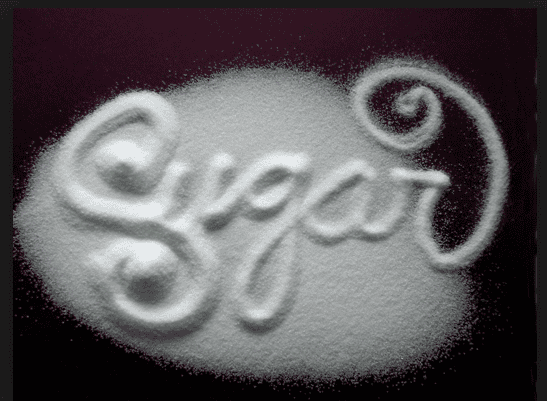 Do these symptoms describe you?
Do these symptoms describe you?
-eating sugar to excess, even when already full
-a feeling of loss of control over sugar intake, inability to stop eating
-a sense of guilt and shame over your eating
-never feeling satiated
-stockpiling sugary food and eating it in secret
-feelings of stress and anxiety that are relieved by eating
Do you experience any of the above symptoms and also have any of these conditions?
-Cardiovascular disease
-Type 2 Diabetes
-Insomnia or sleep apnea
-Hypertension
-Gallbladder disease
-Muscle and/or joint pain
-Gastrointestinal difficulties
-Depression and/or anxiety
If you find yourself nodding your head and recognizing some of your own symptoms, there’s a good chance you may have a very serious illness.
These are the symptoms and health consequences of Binge Eating Disorder. BED can manifest with any kind of food, but sugar is a common one because it has been so vilified by the diet industry.
Binge Eating Disorder is a very real illness with serious long term consequences. Like other eating disorders, it can even be fatal.
Fortunately there are very effective treatments for Binge Eating Disorder. Simply avoiding trigger foods is not an effective or adequate treatment for BED. Dieting, or any eating ‘protocol’ that places restrictions on food and eating, has been shown to be a primary cause of Binge Eating Disorder, and dieting has the potential to make the disorder much worse once it is already established. Any weight loss efforts should be implemented under the supervision of a team of medical professionals who have experience treating BED.
Proper treatment for Binge Eating Disorder includes cognitive-behavioral therapy, interpersonal therapy, dialectical therapy and even medication. I can not stress the importance of seeking proper, evidence-based treatment from experts with experience treating this condition. It CAN be effectively treated.
Why did I title this post ‘Sugar Addiction’? Because I am trained to recognize the signs of eating disorders, and with stunning regularity I hear from people who have self-diagnosed themselves (or been ‘diagnosed’ by an internet guru) as having a sugar addiction. More often than not, though, an objective evaluation of their symptoms points toward BED, not true addiction. Which is actually a very GOOD thing, because there is effective treatment for BED.
Addiction is also a very serious illness that, like BED, requires a multi-faceted treatment approach. Simply avoiding the addictive substance is rarely an effective long term approach to dealing with addiction. So whether a person has BED or a true addiction, it is important that they seek appropriate treatment.
____________
If you believe you may be dealing with either BED or addiction, please seek qualified help. Here are some resources to get you started:
http://bedaonline.com/
http://www.helpguide.org/mental/binge_eating_disorder.htm
http://www.eatingdisorderhope.com/information/binge-eating-disorder
http://www.something-fishy.org/binge_eating/resources.php
http://www.addictionresourceguide.com/
http://www.drugabuse.gov/publications/principles-drug-addiction-treatment/resources
http://www.psychology.org/links/Environment_Behavior_Relationships/Addiction/
